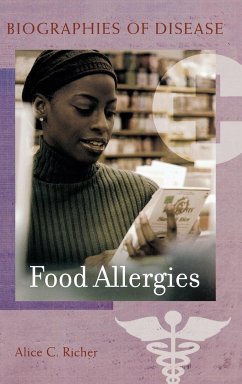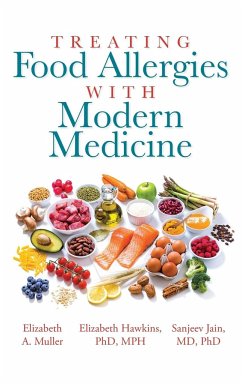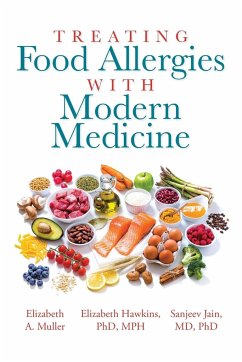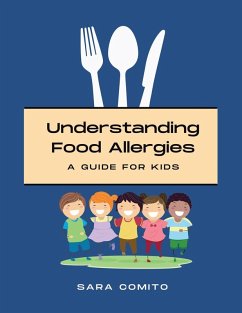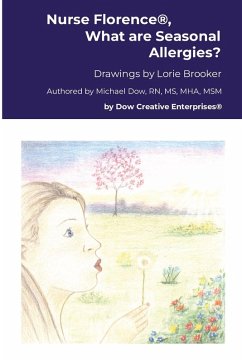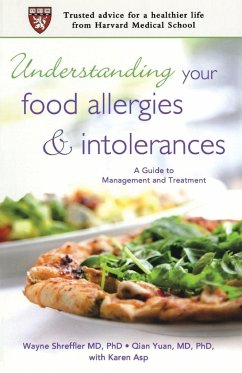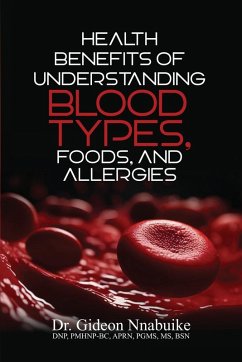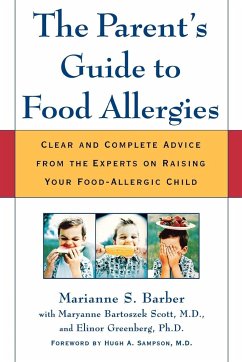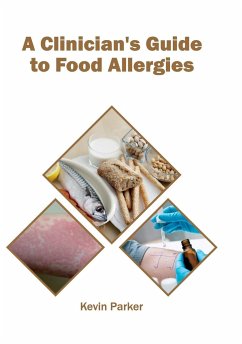
Food Allergies and Sensitivities
Your Questions Answered
Versandkostenfrei!
Versandfertig in 1-2 Wochen
43,99 €
inkl. MwSt.

PAYBACK Punkte
22 °P sammeln!
An easy-to-understand introduction to food allergies, sensitivities, and intolerances-unique but related conditions affecting many children and adults. The information, guidance, and resources offered make this a valuable tool for anyone struggling with negative reactions to certain foods. While many people think that any negative reaction after eating a food indicates an allergy, that's not the case. True food allergies, along with more common food intolerances and sensitivities, can produce a wide range of symptoms, from unpleasant bloating to life-threatening anaphylactic shock. What causes...
An easy-to-understand introduction to food allergies, sensitivities, and intolerances-unique but related conditions affecting many children and adults. The information, guidance, and resources offered make this a valuable tool for anyone struggling with negative reactions to certain foods. While many people think that any negative reaction after eating a food indicates an allergy, that's not the case. True food allergies, along with more common food intolerances and sensitivities, can produce a wide range of symptoms, from unpleasant bloating to life-threatening anaphylactic shock. What causes these conditions, and how can they be treated or managed? Why are certain foods, like peanuts and milk, more problematic than others? Why are food allergies on the rise, and is this only a problem in the industrialized world? Food Allergies and Sensitivities: Your Questions Answered, a part of Greenwood's Q&A Health Guides series, answers these and other questions related to this fascinating topic. Each book in this series follows a reader-friendly question-and-answer format that anticipates readers' needs and concerns. Prevalent myths and misconceptions are identified and dispelled, and a collection of case studies illustrates key concepts and issues through relatable stories and insightful recommendations. The book also includes a section on health literacy, equipping teens and young adults with practical tools and strategies for finding, evaluating, and using credible sources of health information both on and off the internet-important skills that contribute to a lifetime of healthy decision-making.



